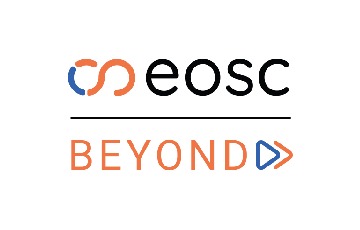
EOSC Beyond aims to support the growth of the European Open Science Cloud (EOSC) by expanding the number of integrated service providers and active users. It focuses on developing new technical solutions within EOSC Core, enabling developers to easily combine a diverse range of EOSC resources into comprehensive tools and services for researchers.
It introduces a novel concept: a federated network of pilot Nodes operating at national, regional, international, and thematic levels, designed to support specific scientific missions. The project’s main goals are to accelerate the development of scientific applications, enable Open Science through flexible resource deployment, foster innovation through testing environments, and align the EOSC architecture with European data spaces.
LifeWatch ERIC contributes as a thematic research infrastructure and serves as a use case for co-design methodologies, together with national and regional initiatives (e-Infra CZ, NFDI, NI4OS), and other research infrastructures such as CESSDA, CNB-CSIC, Instruct-ERIC, ENES and METROFood-RI).
It offers a wide range of resources and services, including biodiversity and ecosystem data, and metadata catalogues that facilitate the discoverability of Digital Objects. It also uses IPFS (InterPlanetary File System) for decentralised and secure storage and incorporates LifeBlock to ensure advanced traceability of data and processes, guaranteeing the integrity and transparency necessary for scientific validation. LifeWatch is also integrated with EOSC AAI (Authentication and Authorisation Infrastructure).
LifeWatch ERIC enables researchers to execute and share workflows across federated nodes. Advanced monitoring solutions and detailed accounting services implemented helps track resource usage and performance, ensuring reliability and efficiency. Additionally, an order management system facilitates access to services and resources, accompanied by a dedicated helpdesk service.